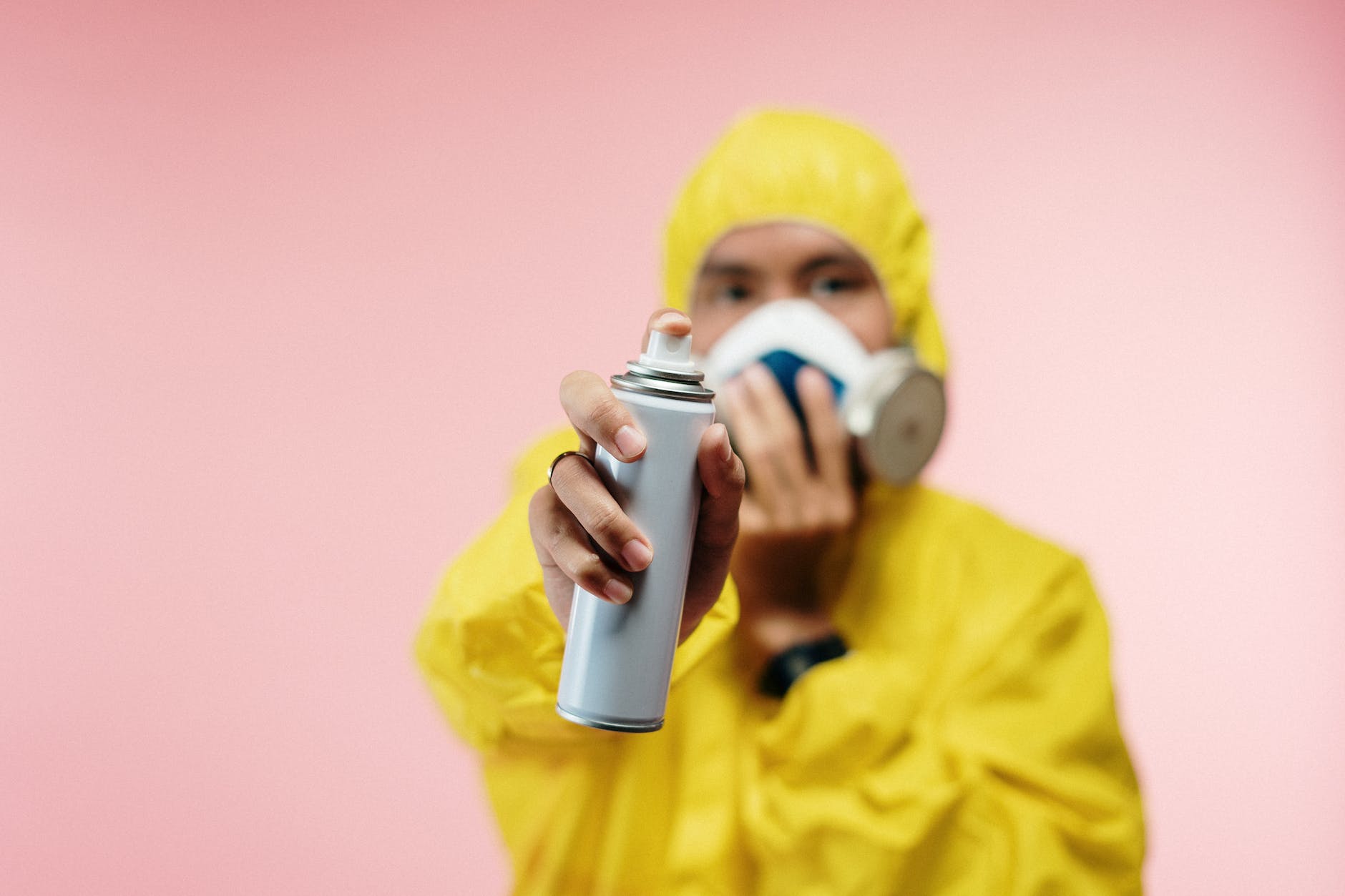
Safety is of paramount importance when operating any type of industrial equipment, and an industrial paint spray booth is no exception. This article offers valuable safety tips for the smooth and secure operation of your industrial paint spray booth. Along the way, we’ll also briefly touch upon how this equipment differs from or integrates with other types such as industrial powder coating booths, industrial powder coating ovens, and industrial curing ovens.
Know the Basics of Your Equipment
First things first. You should be fully aware of the basics of your industrial paint spray booth before even turning it on. It sounds elementary, but a surprising number of accidents occur due to basic unfamiliarity with the equipment. Start by reading the manufacturer’s manual for operational guidelines and safety protocols. Understanding the user manual will give you insights not only into safe operations but also into how your spray booth may differ from other types like industrial powder coating booths.
Proper Ventilation is a Must
Ventilation in your industrial paint spray booth is absolutely crucial. Inadequate ventilation can lead to a build-up of toxic fumes, putting everyone in the vicinity at risk. Ventilation is usually even more critical in industrial paint spray booths compared to industrial powder coating ovens, mainly because of the type of materials used. Be sure that the exhaust fans and filtration systems are in excellent working condition.
Never Skip Personal Protective Equipment (PPE)
This is not a place to cut corners. Always use the necessary personal protective equipment, including goggles, masks, and gloves. Personal protective equipment is essential, regardless of whether you’re operating an industrial paint spray booth or an industrial curing oven. The aim is to protect your skin, eyes, and respiratory system from potentially harmful substances.
Keep Emergency Exits Clear
In the event of an emergency, seconds count. Emergency exits should be clearly marked and free from obstruction. Unlike industrial powder coating ovens, which are generally more confined, industrial paint spray booths often allow for easier exit routes. Still, clutter can build up rapidly, blocking the way. Make it a daily routine to check that the paths to the emergency exits are clear.
Avoid Combustible Materials
Avoid keeping combustible materials near your industrial paint spray booth. It is a basic safety tip but one often overlooked. Keeping combustibles away will minimize the chances of accidental fires. This is especially pertinent when compared to industrial powder coating booths and ovens, where high temperatures are consistently maintained for curing and coating purposes.
Regular Maintenance Checks
Regular maintenance checks should be part of your routine. This includes daily, weekly, and monthly inspections to ensure that all systems and safety measures are functioning correctly. A poorly maintained industrial paint spray booth is a safety hazard waiting to happen. The maintenance tips for an industrial paint spray booth might slightly differ from those for industrial curing ovens, given the different functionalities.
Train Employees Thoroughly
Your equipment is only as safe as the people operating it. Adequate training can be the difference between a safely completed job and a disastrous accident. Staff should be well versed in emergency procedures and the use of safety equipment. They should also be knowledgeable about the differences between various types of industrial booths and ovens, like industrial powder coating ovens and industrial curing ovens, to ensure that they are well-rounded in their skills.
By adhering to these safety tips and guidelines, you can mitigate the risk of accidents in your industrial paint spray booth. Ensuring safety is a continual process that involves not just the equipment but also the people operating it. The tips provided above offer a foundational approach to safety but should be tailored to meet the specific requirements of your operation. Always consult professionals and your local regulations for the most comprehensive safety protocols.